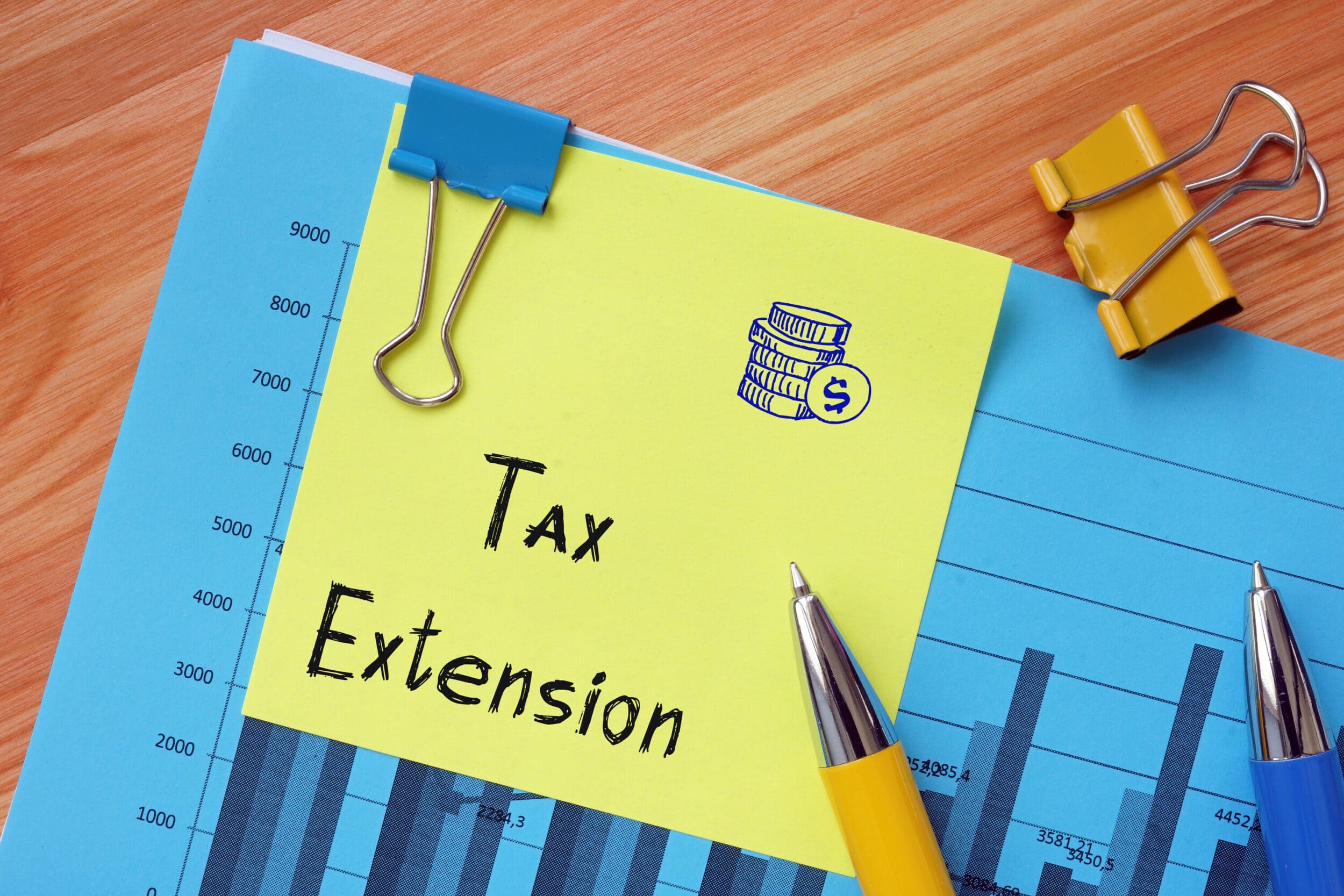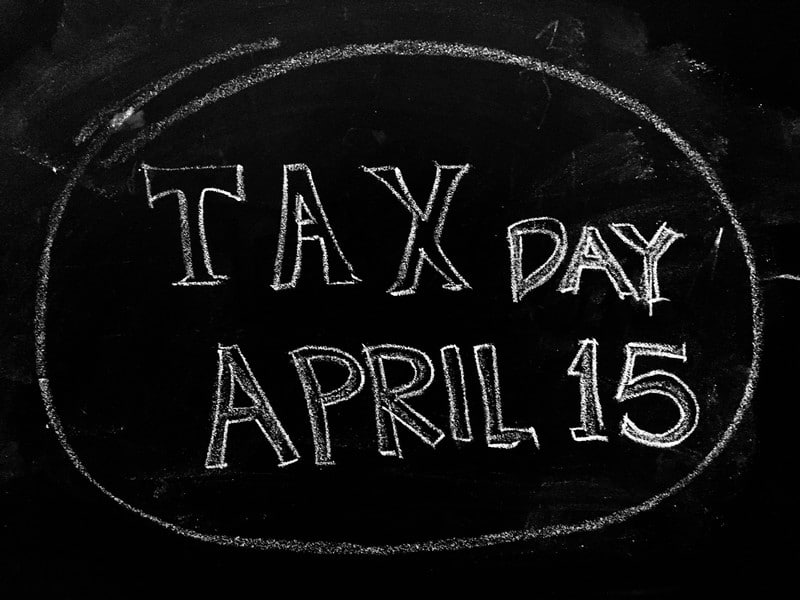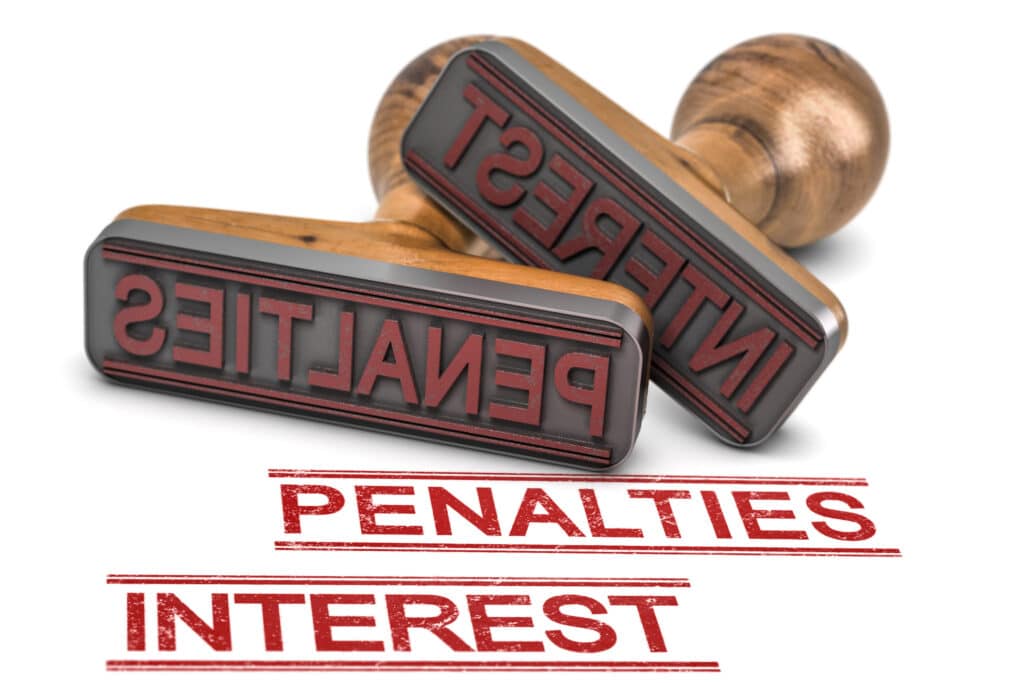To help ease the financial burdens brought about by the COVID-19 pandemic, the Federal Government and Treasury extended the 2020 federal income tax deadline from April 15, 2021, to May 17, 2021. The extension, which is automatic and applies to all individual filings and payments, means that you have until May 17, 2021, to pay taxes owed without any penalties or interest. Here is what this extension means for individuals and businesses alike and how best to leverage this additional time.
Who Qualifies for the 2021 Tax Extension
The extension applies to all federal taxpayers, including individuals, estates, and trusts. It applies regardless of the amount that individuals or entities owe for the tax year. Typically, payments will not attract additional interest or penalties up until May 17 and since the extension is automatic, filers do not have to file any additional forms to take advantage of it.
What Does Not Qualify for the Tax Extension
The May 17 extension applies only to your federal taxes. Sole proprietorships and single-member LLCs, considered disregarded entities, qualify for this extended deadline— S-corps, or partnerships, do not. Disregarded entities, or businesses where the owner is not recognized as separate from the entity from a tax perspective, qualify due to their ability to be passed through on individual tax returns.
The majority of states have not extended their tax deadlines apart from Virginia, Pennsylvania, Iowa, Hawaii, and Delaware. Also, the extension does not apply to 401(k) retirement savings accounts.
How Individuals Can Take Advantage of the 2021 Tax Extension
The 2021 tax extension means that you can file your returns as soon as you are ready and then wait until May 17 to pay your taxes. The extra time relieves pressure off of taxpayers expecting to owe money since they have until May 17 to pay their taxes.
Here are a couple of ways you can take advantage of the extended tax deadline:
Earn High Interest: If you have saved some tidy sum to pay your tax bill, you can transfer the money into a high yield savings account that earns you some interest during the extension period.
Fund Your Special Accounts: The tax deadline extension means you now have more time to fund some of your accounts with deadlines that match that of filing your taxes. These accounts include:
- Individual retirement accounts (IRA)
- Coverdell education savings account (Coverdell ESAs)
- Health savings account (HSAs)
- Archer medical savings accounts (Archer MSA)
Notably, should these contributions lead to tax deductions, you stand to benefit from lower tax liability.
How Small Business Owners Can Take Advantage of and Leverage the Extended Deadlines
Small businesses can also benefit from the later deadlines:
Earn Interest: Businesses typically can hold on to their tax money for an extra 60 days. The extension could provide an opportunity to earn extra income if the amount owed is in an interest-bearing bank account.
Expand Operations: Enterprises can also use the tax money they would be spending to run or scale up their operations during this extra time. However, if this is your option, leverage a robust revenue forecasting strategy covering the extension period to guarantee you will have the tax money back before the deadline lapses. You may also put in place a contingency plan that gives you a way to pay the amount owed by the new deadline should things fail to go as planned.
Delay Personal Tax: If you are a small business owner, you can use the extended tax deadline period to delay paying your personal tax until May 17. This extension applies to sole proprietorships and single-member LLCs who typically are not taxed when filing their return, as the business income flows to the owners who are likely enjoying a tax deadline extension.
Extend Tax Returns: For small business owners running their enterprise as a sole proprietorship, this means you report on an individual tax return Schedule C. As such, your deadline is the same as the extended individual tax returns deadline. You can therefore take advantage of the extended deadline to extend your tax returns.
How Do I Extend My 2021 Tax Deadline?
If you need more time to file your returns, you can file IRS Form 4868 to get an automatic tax extension. The extensions give you until October 15, 2021, to file your tax returns. The tax extension can either be requested electronically or via mail. Remember to submit your extension request on or before the May 17 deadline to avoid late filing penalties and interests.
Will the Extension Give Me More Time to Pay My Taxes?
The extension only gives you more time to file your return, not more time to pay. This means you have until May 17 to pay your taxes. If you cannot file your returns by the deadline for whatever reason, you can estimate your tax bill using a reliable tax calculator and pay as much of it as possible on or before that time. You can get a break on the late payment penalty if you pay at least 90 percent of your actual tax liability by the deadline.
Who Does Not Need to Worry About Tax Extensions?
Individuals that do not need to worry about applying for tax extensions include:
- US citizens or residents who lived and worked outside the country on the tax filing deadline
- People affected by certain natural disasters
- Some military members
These individuals qualify for additional automatic tax extensions.
Why It Is Best to Pay Taxes Early?
If you currently have adequate amounts of money to cover the taxes owed, it is a good idea to pay as soon as possible. Importantly, do not use the funds set aside for tax payments to pay for personal expenses or purchases. Currently, there are no plans to extend the deadline again, and spending the money now can put you in an awkward position if you run short of funds come Tax Day.
When you are ready to file your taxes or need help filing your tax return extensions, make sure to contact your CPA; and when you are ready to save more of what you’ve earned, TSP Family Office can help you take advantage of all the tax breaks. Contact us today for more information and be sure to have a look at our tax-saving assessment to estimate your potential tax savings.


;)
;)
;)